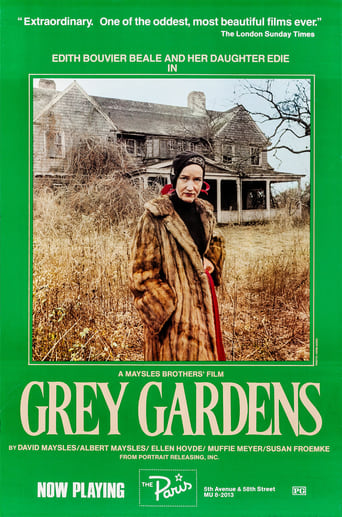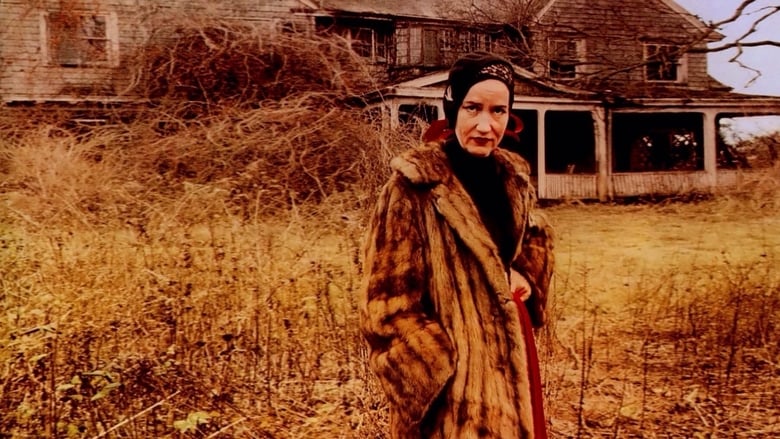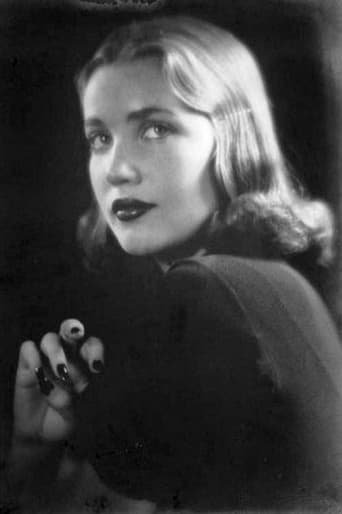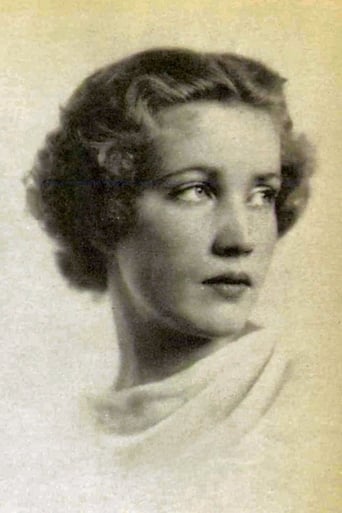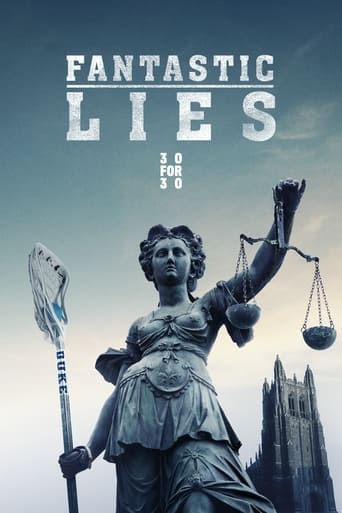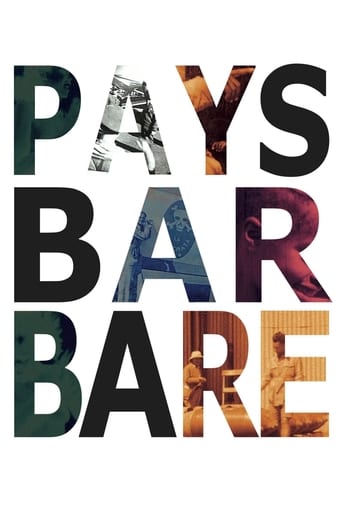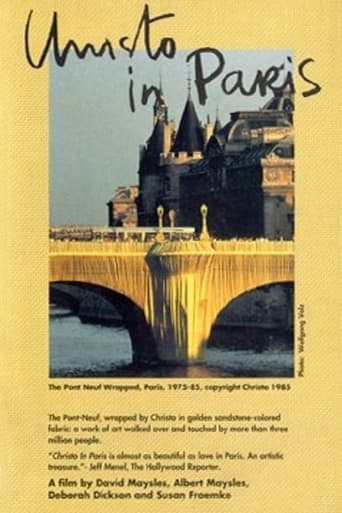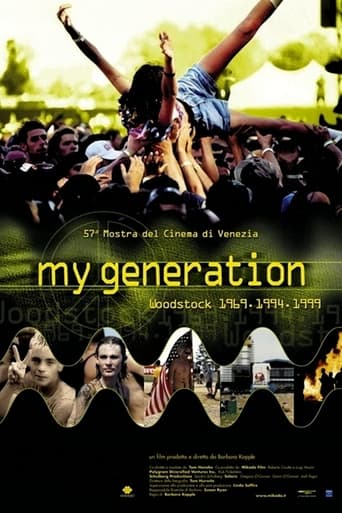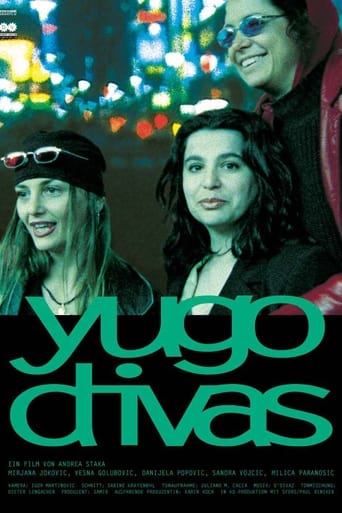Grey Gardens (1976)
Edie Bouvier Beale and her mother, Edith, two aging, eccentric relatives of Jackie Kennedy Onassis, are the sole inhabitants of a Long Island estate. The women reveal themselves to be misfits with outsized, engaging personalities. Much of the conversation is centered on their pasts, as mother and daughter now rarely leave home.
Watch Trailer
Cast


Similar titles
Reviews
Excellent, Without a doubt!!
It's not great by any means, but it's a pretty good movie that didn't leave me filled with regret for investing time in it.
Let me be very fair here, this is not the best movie in my opinion. But, this movie is fun, it has purpose and is very enjoyable to watch.
Actress is magnificent and exudes a hypnotic screen presence in this affecting drama.
While in some ways Grey Gardens (1975) feels like a prototype for our modern reality TV shows, it is much deeper and more revealing than any reality TV show has ever been. The mother and daughter are tightly codependent upon one another, and Little Edie in particular seems more than a little bitter about the trajectory her life has taken.The movie has a lot of funny lines and moments (Little Edie's dance numbers, Big Edie offering the caretaker Jerry some of her corn (boiled on her bedside table!), Little Edie feeding the raccoon, the elusive "Libra man"), but it is mainly tragic. These women are anchored to the past, looking over black and white photographs and lovely paintings of their past, while discussing how their choices affected them. They often discuss men and marriage, Big Edie ruefully mentioning that she'd take a dog over a man any day (we later learn she and her husband had a nasty separation). Yet despite the squalor these women live in, in a strange way they don't seem to miss the socialite circles they used to move within, particularly Big Eadie.This is a strange documentary, disturbing. I don't fully know what to make of it or its subjects, but I will say it is well worth seeing.
I had a very complicated reaction to "Grey Gardens," the Maysles brothers' cult classic 1975 documentary. I felt by turns creeped out by Edith and Edie, the mother and daughter at the film's center, and very sorry for them. They rot away in a derelict and disgustingly dirty mansion, swarmed by cats and other wild animals, bickering and reminiscing about the lives each of them left behind, Edith's as a singer and Edie's as a model and dancer. There shouldn't be anything wrong with not realizing your ambitions when those ambitions lie in artistic fields that only a very select few succeed in, yet the fact that these two didn't replace their disappointments with anything else turns them into grand guignol caricatures. Edie especially is like Norma Desmond if Norma had never been successful in the first place. I couldn't decide whether she was just deeply eccentric or actually suffering from a mental disorder. There's a scene where some people they know come over for Edith's birthday party, and the young female guest looks the entire time like she can't wait to get out of the house and away from the weirdness. That's exactly how I felt watching the film. Even though they volunteered to have their lives filmed, and despite the fact that Edie at least thrives on the attention, I couldn't help but feel a little shamed being a voyeur. The film is like rummaging through someone else's dirty underwear.Grade: A
The documentary "Grey Gardens" is now retrospectively regarded as the inception of what would later be termed "reality" programming, and as such, does contain some element of exploitation. The mother and daughter team featured here, former socialites cast adrift from their well-heeled pasts decades earlier, can both be described as 'eccentric', but that's the polite term. They co-exist in a once-grand, now crumbling, trash-strewn, urine-stained oceanside mansion where they exhibit very questionable survival skills. Their relative sanity is also constantly in question. The film, in every sense of the term, is the proverbial car wreck you cannot look away from.Perhaps it wouldn't seem this way had it made some effort to give the viewer a more focused glimpse of who they once were and the circumstances which brought them to their squalid, delusional situation. Therefore, the viewer would be better able to put some needed perspective on what they are watching. There apparently exists some history of family members' attempts to remedy their plight, but we're only made aware of them through random shots of newspaper clipping which are never elaborated on.Instead one has to rely on the often incoherent ramblings of two women attempting to tell their own skewed versions of their lives, almost always while stepping on each others' conversations. Overlayed onto this are episodic bursts of anger, regret, sorrow, seemingly constant bickering, and unintended whimsy. The few 'outsiders', briefly seen, don't get to add their perspectives either, even though they likely have an incredible amount they could tell us...and they seem to want to.This is a fascinating story, to be sure, but we don't really develop any feeling of sympathy for these seemingly deranged women because there's no foundation in which to anchor any emotion, making the proceedings more pointless than they ought to be.
The review title is offensive? Well, you might have the same opinion if you view the film with an analytical mind. I know and have read about all the fans of this film that are fans of the Beale's as well. That is all well and good, but its beside the point.The Mayles Bros are not slouches and have a very good nack for cinematography and documentation (otherwise they would have not been involved in so many major documentaries). This film does itself justice by showing off that gift. What it doesn't do itself justice with is its exploitation of its subjects.I know I won't get a lot of fans for saying such (true) statements, but it has to be said. Perhaps you'll understand my rational and frame of mind for my two controversial statements thus far by considering a few questions.Why did the Maysles take footage of little Edie prancing around the house like a child? Why were these shots often in extreme close ups? Did these shots make you feel uncomfortable? Did the Beales seem in a clear frame of mind? Would you claim the Beales to be in a healthy mental condition? Were there shots of the Beales getting close to undressing or undressing? If the questions didn't get you thinking, my basic point is the Maysles knew better than to exploit a psychologically troubled mother and child. Framing it as an empathetic slice of life is a cover for compassion trolling and humiliation porn.

